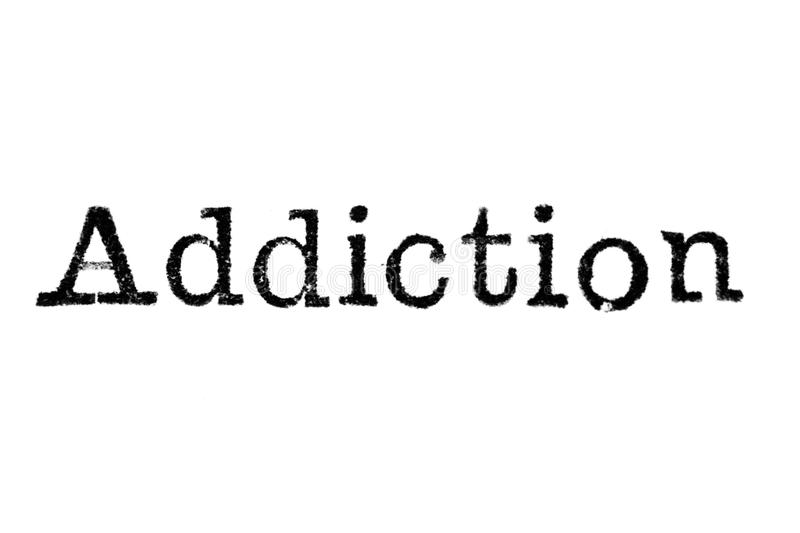Why is your loved one addicted?
Addiction risk is influenced by a variety of factors, including a person’s family history, environment, and genetics. The truth is that addiction can strike anyone at any time, and it can be terrible for both the addict and their loved ones. When someone they care about begins to use drugs or alcohol to cope with life’s hardships or tensions, loved ones are usually the first to notice. They could also be the first to provide assistance. Even so, some people are unaware of how harmful addiction may be. It can be difficult to comprehend why a loved one is addicted. It’s difficult for family members to recognize that their loved one isn’t being purposefully cruel or spiteful when they have an addiction. Even if you have valid grounds for being upset, love your child unconditionally regardless of his or her predicament.
Causes of addiction
Addiction is a significant problem in this country. A lot of things cause addictions. They can be physiological, psychological, or social in nature. A person is most likely to become addicted to a substance if they have the following characteristics:
-An individual with an addictive personality is more likely to develop an addiction.
-If they come from a family where alcohol abuse or drug abuse is prevalent, there are higher chances that they will develop an addiction at some point in their life. A person’s genes also play a role here.
What are they addicted to?
Addiction can be a pretty touchy subject. While it’s common to think of drug or alcohol addicts when you hear the word, addiction can mean something completely different for everyone else. If someone is addicted to something, they are unable to control their need for that certain thing. It could be anything from junk food or cigarettes, all the way up to illegal substances. We are all addicted to something. Whether it’s Starbucks, Facebook, or Netflix…it’s hard to look away from the things that keep us coming back for more. What are you addicted to?
Understanding the situation.
The first step to getting your loved one out of an addiction is understanding that you can not do it for them. You can be there as a support system, but ultimately they have to want to change their life. It’s hard to watch someone you love suffer from addiction, and it can be easy to take on the role of “rescuer” to alleviate your own pain. But remember: this is not going to help your situation. When someone you love is addicted to drugs or alcohol, it can be a terrifying experience. You may feel powerless and hopeless, but there are things that you can do to help your loved one recover successfully. When someone close to you has an addiction problem, it’s hard not to take it personally. It’s easy to think that if only you had done something differently, they wouldn’t have gotten into trouble in the first place.
Symptoms of addiction
People who struggle with addictions tend to be hypersensitive and experience high levels of anxiety when they try to cut back on their substance use. They often feel like they need their drug of choice to cope with day-to-day life and social situations. People with physical addictions may feel withdrawal symptoms when not using their drug of choice. These include anxiety, irritability, and nausea, among others. Mental or psychological addiction occurs when people come to associate drugs with positive feelings such as pleasure or relaxation. They develop an emotional attachment to these feelings.
Types of Addiction Substances
When we think of drug and alcohol addiction, we frequently associate it with illicit and street narcotics. However, one of the most hazardous addictions is tobacco, which is a legal substance. Tobacco addiction has indications and symptoms that are comparable to other types of substance abuse. Alcohol, prescription painkillers, heroin, cocaine, nicotine, gambling, and eating disorders are the most common types of addiction.
What are the most common addictions?
Alcohol, nicotine, marijuana, cocaine/crack, amphetamines/methamphetamines, heroin, and prescription pain medications are the addictive substances with the highest rates of use. People become addicted to a multitude of activities, including social media, video games, gambling, alcohol, marijuana use, and even sex. Several celebrities have made their drug addictions public, and many people have lost jobs as a result of their drug use. Addiction is a condition that can affect anyone, even if they are unaware that they are in danger.
Treatment for Addiction
Addiction is a broad term that refers to any type of drug dependency. This includes alcohol, illicit drugs, prescription medications, and inhalants. Drug addiction can be treated with psychological therapy or pharmacological therapy. Psychological interventions are designed to help addicts learn how to live without drugs. Pharmacological therapies are intended to alleviate withdrawal symptoms during detoxification and to manage drug cravings following detoxification. Detoxification is the most effective treatment option for someone who is addicted to drugs or alcohol. When an addict goes through this technique, they may be able to avoid the physical withdrawal symptoms associated with stopping their drug of choice. Furthermore, if the addict does not have access to their drug of choice after completing their detox therapy, they are less likely to relapse.
Recovery Support Groups and the benefits of attending them
Recovery Support Groups are a useful resource for people who suffer from alcohol and drug addiction. Individuals can share their experiences with others in the same position, learn coping skills for dealing with addiction, and be held accountable by group members by visiting a recovery support group. The recovery process is a long and arduous one, but also incredibly rewarding. It can be difficult to find the motivation to attend group sessions for recovery support outside of the rehab center because it’s not always easy to relate to people who have not experienced addiction firsthand. However, recovery support groups offer an opportunity for addicts and their loved ones to come together in a safe environment to share experiences and advice.
Addiction has a death rate of addiction.
Doctors are prescribing more painkillers, so why are drug overdoses on the rise?
The number of fatal drug overdoses in America is soaring. In fact, it’s estimated that deaths will surpass car accidents as the leading cause of injury-related fatalities in 2015. The cause of this deadly trend is twofold: an increase in prescription painkiller abuse and a growing number of Americans who abuse illegal drugs. Drug overdose has become a major cause of death in the US. In 2010, more than 38,000 people died from an overdose involving drugs — one every 19 minutes. The report shows that the number of deaths related to drug overdoses has nearly tripled since 1990 when there were just over 17,000 such deaths.
According to the World Drug Report 2018 by the United Nations Office on Drugs and Crime (UNODC), Afghanistan is one of the world’s highest consumers of opiates. In fact, it has been identified as a major source of heroin abuse across Europe, Asia, and America. With more than 4 million drug addicts in Afghanistan, there is a growing need to create awareness regarding this addiction problem among Afghans. This can be accomplished by establishing special programs in which government agencies and non-governmental organizations (NGOs) can combine to build an effective campaign that educates people about the adverse impacts of drug misuse.
In conclusion
In conclusion, addiction impacts millions of people each year. The best time to step in is before it becomes an issue. If you know someone who has a problem with addiction, urge them to seek help immediately. Addiction can be a lifelong struggle for those who do not seek help early on. Addicts often feel like they are alone, but that is never the case. Many addicts go on to lead happy and fulfilling lives after getting help. They can find healthy ways of dealing with the issues that led them to abuse drugs or alcohol in the first place. If you think your loved one might need help for addiction, feel free to make an appointment with an addiction specialist today. Take care of yourself in the meantime, and if you know someone who might be struggling with addiction, there are many resources available.








